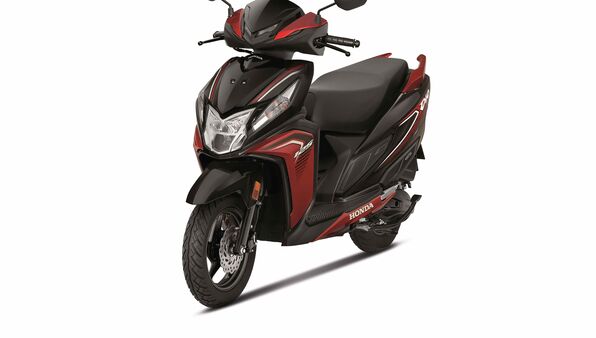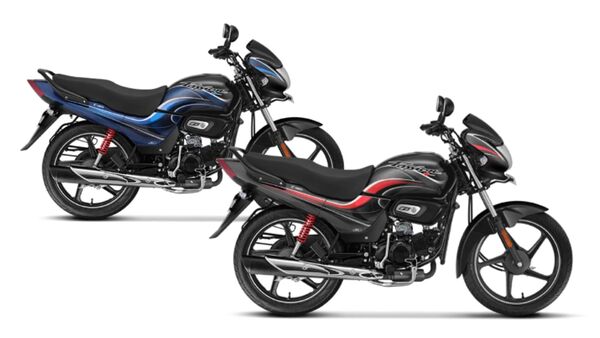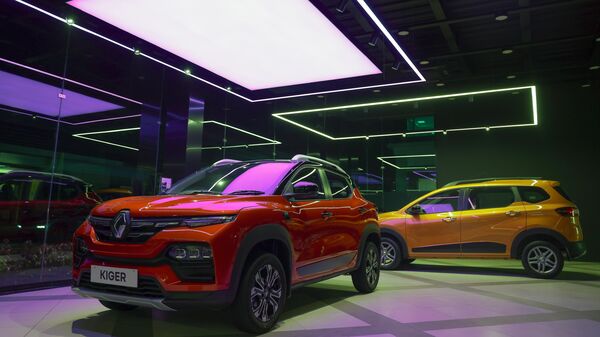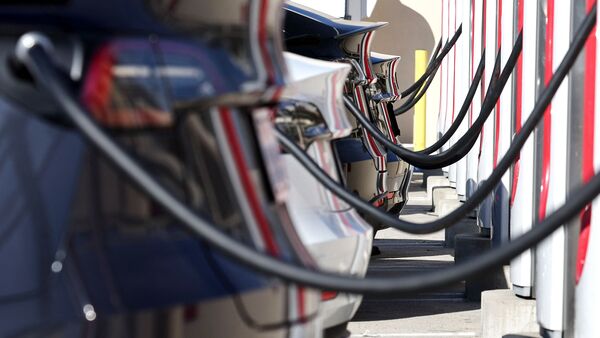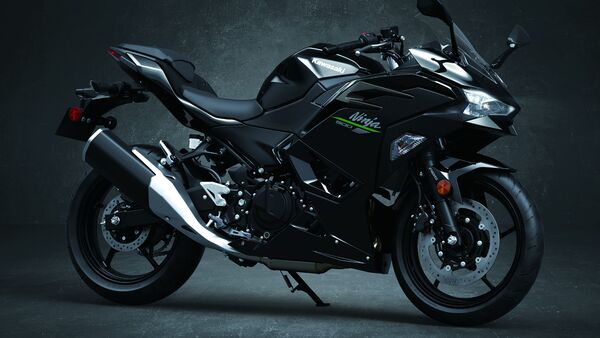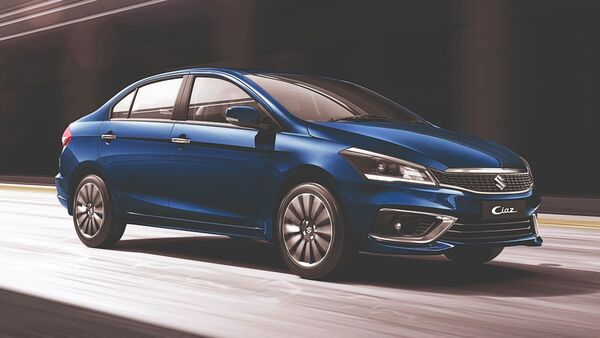
Maruti Ciaz Set for Discontinuation, But Nameplate May Return with a Twist
14 days ago | 5 Views
The Maruti Suzuki Ciaz, after nearly ten years in the market, is set to be discontinued, as confirmed by Partho Banerjee, Senior Executive Officer of Marketing and Sales at Maruti Suzuki India. Introduced in 2014, the Ciaz was designed to compete with the Honda City and other compact sedans in India, including the Hyundai Verna, Volkswagen Vento, Skoda Rapid, and Nissan Sunny. Although the Ciaz will no longer be produced, there is potential for the brand name ‘Ciaz’ to return in a different vehicle format.
In a recent press conference, Banerjee mentioned that the product planning team continuously assesses market needs with a forward-looking approach. He emphasized the enduring strength of the brand, noting that its forms may evolve, similar to the Baleno. The Maruti Suzuki Baleno was initially launched in 1998 as a competitor to the Honda City but was discontinued in 2007 due to a less-than-favorable market response.
Subsequently, the Baleno brand made a resurgence in 2015 as a premium hatchback, which is now in its second generation and has become the best-selling premium hatchback in India. Drawing a comparison, Banerjee remarked that while a brand represents a core identity, the design of the vehicle may change in response to market dynamics.
Maruti Suzuki Ciaz - From 2014 to 2025
The Maruti Suzuki Ciaz was introduced in September 2014. Since its launch, the model has undergone only minor updates and feature enhancements. In contrast, the Honda City, a key competitor of the Ciaz, has experienced two generational updates and four model revisions during the same timeframe.
Banerjee noted that the company periodically reviews its product lineup in response to market demands and customer feedback. "We have chosen to pause production and will reevaluate based on market requirements," he stated. Although the Ciaz experienced a 14.5 percent increase in sales in March 2025 compared to March 2024, its overall sales for FY25 declined by 18.71 percent year-on-year compared to the previous financial year.
Customer-focused approach
At the conference, a prominent theme emphasized by the company was its commitment to a customer-centric approach. As a leader in the market, it understands the necessity of accommodating various body types while adhering to a fuel-agnostic strategy. Currently, Maruti Suzuki provides a range of models powered by petrol, CNG, mild hybrid, and strong hybrid powertrains. Furthermore, the company is preparing to introduce its inaugural electric vehicle, the e-Vitara.
With the e-Vitara approaching its launch, Maruti Suzuki is dedicated to facilitating a seamless transition to electric vehicles for its customers. The company intends to first create a robust ecosystem for electric vehicle users prior to the release of the e-Vitara.
The company recognizes that, for many consumers, electric vehicles are still viewed as secondary options. To promote wider adoption, three significant challenges need to be tackled: increasing vehicle range, enhancing public charging infrastructure, and improving after-sales service. Until these issues are addressed, consumer trust in electric vehicles as primary transportation will remain limited. The automaker asserts that, in conjunction with government initiatives, original equipment manufacturers must take the initiative to build this trust and provide a smooth electric vehicle ownership experience.
Multiple body forms and multiple fuel types are the key
Under its revised mid-term strategy, Suzuki Motor Corporation aims to broaden its range of medium and large SUVs and MPVs in response to changing customer preferences. The company is prioritizing the development of battery electric vehicles (BEVs) and series hybrid electric vehicles (S-HEVs). In the mid-SUV category, Suzuki plans to enhance its offerings by providing a diverse selection that includes BEVs, S-HEVs, mild hybrid electric vehicles (M-HEVs), CNG, compressed biogas (CBG), and flexible fuel vehicles (FFVs).
Despite a decline in sales of entry-level vehicles, Suzuki is dedicated to launching new models within this segment. The mid-term strategy emphasizes the swift development of entry-level products that align with customer preferences in India, featuring powertrain options such as M-HEVs, CNG, CBG, and FFVs.
Maruti Suzuki is adopting a technology-neutral strategy, providing various powertrain options to empower customers to choose according to their requirements. The company continues to experience robust demand for CNG vehicles, with projections indicating that one in three cars sold in FY25 will be a CNG model. Last year, it achieved sales of around 620,000 CNG vehicles, reflecting a 28 percent increase compared to the previous year. Additionally, strong hybrid models like the Grand Vitara and Invicto experienced a 27 percent rise in sales, totaling 20,672 units and achieving a market penetration of 2.4 percent.
Read Also: Vida V2 Electric Scooters Offer Benefits Up to ₹40,000 – But There's a Catch
Get the latest Bollywood entertainment news, trending celebrity news, latest celebrity news, new movie reviews, latest entertainment news, latest Bollywood news, and Bollywood celebrity fashion & style updates!
HOW DID YOU LIKE THIS ARTICLE? CHOOSE YOUR EMOTICON!
#

